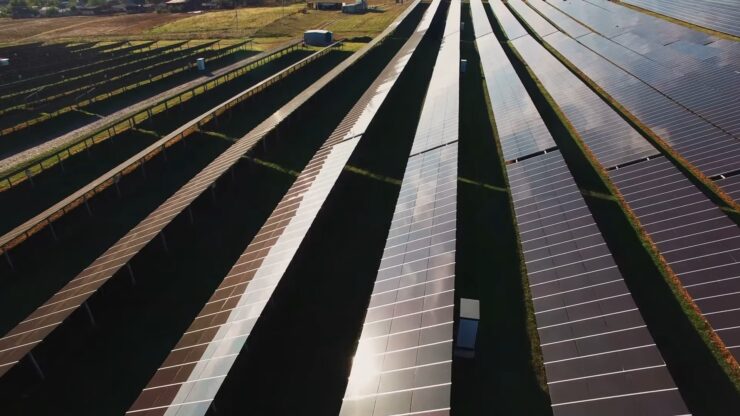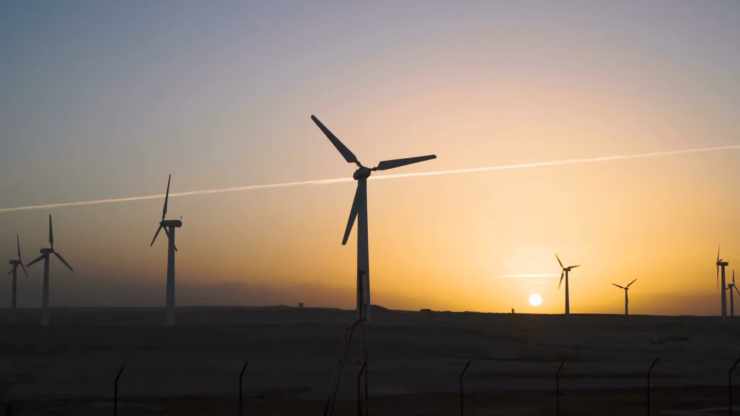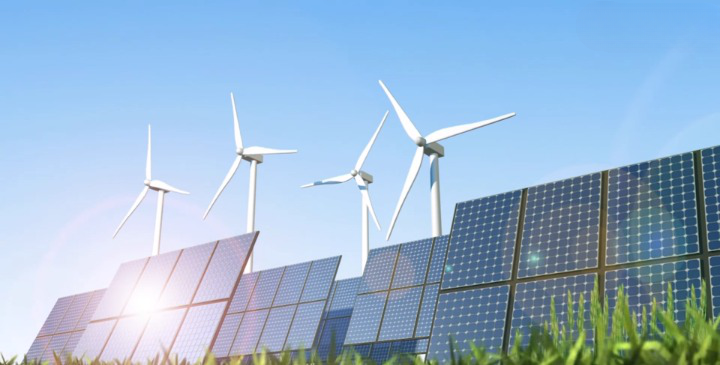In June of 1991, Mr. Pierre Delaporte, then Chairman of Electricité de France, and Mr. Richard Drouin, then CEO and Chairman of Hydro-Québec, expressed their concern at the lack of international cohesion within the electric utility community regarding global issues.
The following April (1992), they invited the Chairmen of some of the largest electric utilities of G7 countries to create an international group. Their first Summit took place at Hydro-Québec’s James Bay hydroelectric complex.
During that first meeting, the Chairmen set the basic principle of the e7 as follow:
“As citizens of the world, in harmony with the respective national governments as well as related domestic and international organisations, the e7 companies strongly wish for their experience, competence, and know-how should serve more efficient generation and use of the world’s electric energy.”
(James Bay Joint Statement, April 1992)
To fulfil their vision, the e7 Chairmen created the e7 Network of Expertise for the Global Environment in 1992.

Parallel to the first initiative, the Chairmen created working groups to study concerns related to the core business of the industry such as Sustainable Development, Climate Change, Social Trust, and Internationalisation.
In 1996, to address their concerns about climate change, the chairmen decided to embark on 3 Activities Implemented Jointly (AIJ) projects in Asia, Africa, and the Middle East.
In 1998, the e7 Fund was created to give the e7 a legal framework to channel funds, raised from internal and external sources, to support selected e7 sustainable development projects in developing countries and emerging economies.
In 2001 ,the e7 established the Sustainable Energy Development Scholarship Programme to support outstanding Masters and Post-Doctoral students from developing or emerging countries in their pursuit of advanced studies in sustainable energy development and to encourage meaningful contributions to the collective body of knowledge on the subject.
In June 2006, the e7 became the e8, an international organisation representing leading electricity companies from the G8 countries, after the Russian electricity company, RAO UESR, joined the group.

On April 11, 2007, the e8 was incorporated to become the ’e8 Corporation’, a non-profit and non-governmental organisation registered under Part II of the Canada Corporations Act.

